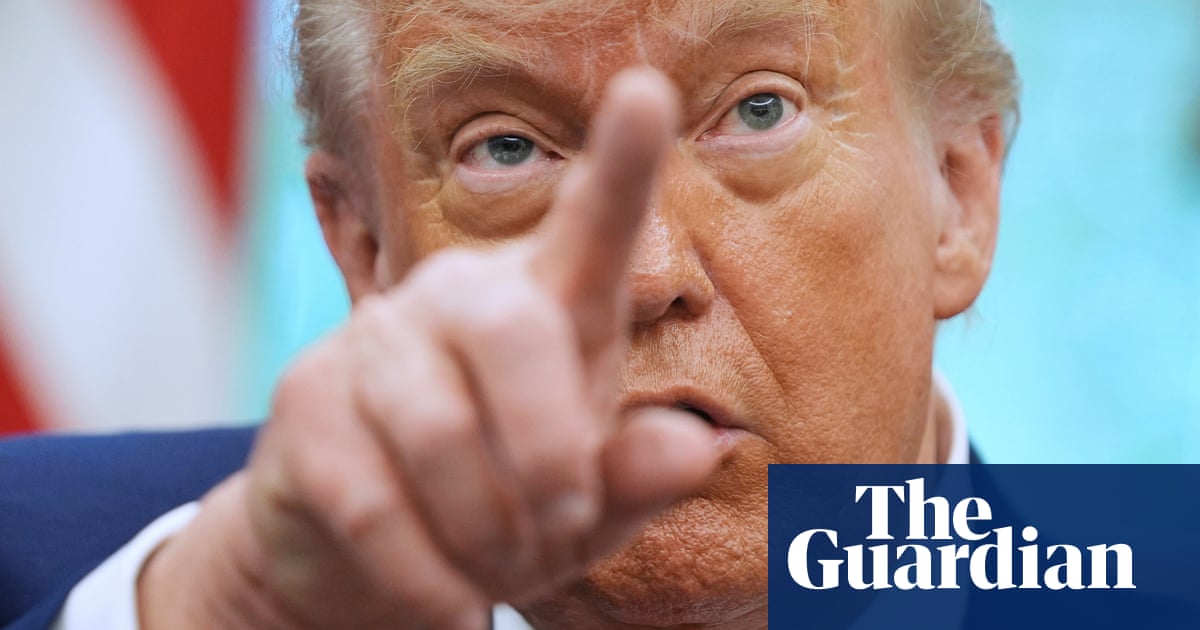Donald Trump has said the US will send letters to some of its trading partners to unilaterally impose new tariff rates, suggesting that Washington lacks the capacity to reach individual trade deals.
Highlighting the challenge for the White House to negotiate deals with hundreds of countries at once, Trump said it was “not possible to meet the number of people that want to see us”.
Speaking at a meeting with business leaders in the United Arab Emirates on the US president’s tour of the Gulf, he said: “We have, at the same time, 150 countries that want to make a deal, but you’re not able to see that many countries.”
The president said that his treasury secretary, Scott Bessent, and the commerce secretary, Howard Lutnick, would be “sending letters out essentially telling” some of Washington’s trading partners what tariff rates would be imposed on their goods exports to the US market.
“At a certain point over the next two or three weeks, I think Scott and Howard will be sending letters out essentially telling people – it will be very fair – but we’ll be telling people what they’ll be paying to do business in the United States,” he said.
Trump’s comments expose the difficulty of the task the president set for his administration after imposing sweeping border taxes on goods imports from all of the US’s trading partners on his 2 April “liberation day”.
Washington has withdrawn some of its toughest measures after a backlash in the bond markets, including pausing “reciprocal” tariff rates on many trading partners, including the EU, striking a trade deal to lower tariffs with the UK, and agreeing a 90-day pause with China. A 10% universal tariff on all imported foreign goods remains.
Earlier this week Trump hailed a “total reset” in relations between China and the US after the countriesagreed the pause, which included Beijing lowering its duties on US goods to 10%, while the US tax on Chinese goods will be lowered to 30%.
Sign up toBusiness Today
Get set for the working day – we'll point you to all the business news and analysis you need every morning
after newsletter promotion
The White House has signalled it isprioritising talks with dozens of the US’s largest trading partners, including India, South Korea and Japan, while negotiations with the EU are ongoing.
However, his comments suggest Washington lacks the bandwidth to negotiate with hundreds of countries at once, while indicating that the president will instead push to dictate terms.
